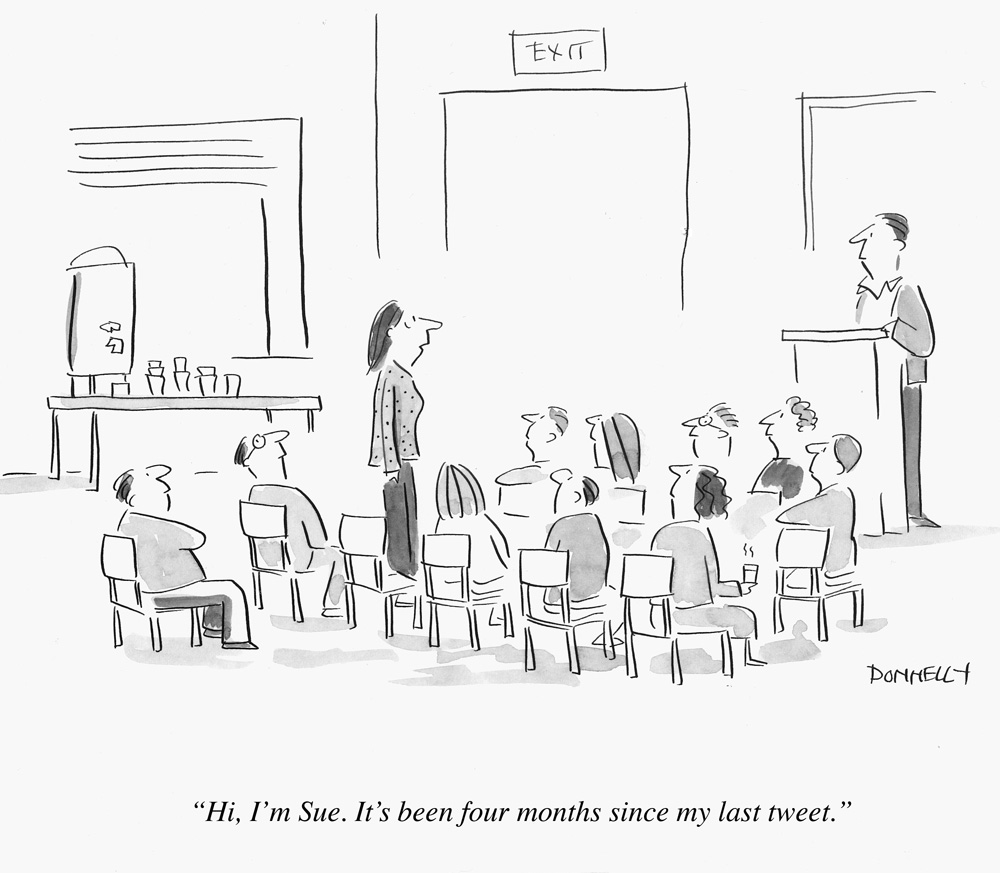In this week’s Hill Times: the federal implications of Alberta-stan
First things first: we now have conclusive proof Calgary mayor Naheed Nenshi is not infallible.
Nenshi, much-adored by progressives everywhere, predicted Alberta’s PCs would win another majority government. “I suspect the PCs will win,” said Nenshi.
Um, no. They didn’t. It was in all the papers on Wednesday morning.
In fairness, Nenshi wasn’t the only Albertan who misjudged the electorate, or course. Plenty of others did likewise.
The reason why is simple enough. If you are from Alberta (as I am) and you grew up under a PC government (as I did), you could not conceive of the Party of Lougheed ever, ever being anything but the government. To suggest otherwise is to suggest that the Rockies will disappear tomorrow morning. It is like claiming that the Stampede has been canceled. It is akin to a campaigning politician stating Albertans should “look in the mirror” if they want to know why their province is experiencing difficulty.
Oh, wait. Former PC leader Jim Prentice said that, didn’t he?
And that, in part, explains why Prentice was such a magnificent disaster as leader: he’d been on Bay Street too long. After sleep-walking his way through various ministries in Stephen Harper’s government, Prentice joined a bank on Bay Street, and promptly forgot everything Harper ever taught him. Thus, he offered up a budget that was unpopular on a historic scale. Thus, he called an early election when he didn’t have to. Thus, he abandoned key platform planks mid-campaign. Thus, he condescendingly told NDP leader Rachel Notley that “math is hard” in the televised leaders’ debate.
Thus – and this is the worst one of all – he travelled to Vulcan, Alberta, stood in front of the Starship Enterprise there, and got the Vulcan salute wrong. Set phasers to stunned, Mr. Spock.
The reasons why Jim Prentice’s name will heretofore be synonymous with “loser” are myriad and multiple. A lousy budget. A lousy campaign. A lousy economy. A lousy debate. And, inter alia, a younger and more diverse electorate – coupled with a desire for change – didn’t help.
As they poked through the entrails of the astonishing Alberta results at their caucus meetings Wednesday morning, then, the reactions of the various federal parties were revealing.
The New Democrats broke out their guitars, and played a song by Neil Young, who hasn’t lived in Canada for several decades. The Conservatives – according to no less a source than Justice Minister Peter MacKay, who has a demonstrated fondness for the taste of shoe leather – held a caucus meeting that resembled a morgue, and in which someone called Alberta “Alberta-stan,” [sic].
And the Liberals? Well, Justin Trudeau reacted positively, and even mentioned the Alberta New Democrats by name. “There’s no political party that can take voters for granted. What we’ve witnessed is that people wanted a change and they made the change,” he said.
Indeed they did. But when the electorate are in the market for change, what will they do when two political parties are offering it?
Therein lies the problem for Trudeau and his party. For more than two years, Trudeau has been busily defining himself as the only alternative to Stephen Harper – as the only guy who can deliver progressive change. But Alberta’s extraordinary election makes clear that the NDP are a progressive alternative to the Conservatives, too. And they now have the proven ability – and the team, and the message – that enables them to eviscerate the Conservatives right in the Conservative heartland.
Rachel Notley owes much to Jim Prentice for her win, as noted. But, in her private moments, the Premier-to-be must also acknowledge that she greatly benefitted from a schism on the political Right, too. Between them, the PCs and Wildrose captured more than half the popular vote – 52 per cent. If they’d been one party, Notley would still sitting in a remote perch on the Opposition side of the Legislature.
Thus, Wednesday’s Conservative caucus may not have been as morgue-like as the maladroit Peter MacKay suggested. At the federal level, the progressive side of the ideological continuum is split asunder. And, as in Alberta, as long as Harper’s principal opponents heartily detest each other – and they do, they really do – he can reasonably expect to win as he did in 2006, 2008 and 2011.
For the NDP, Alberta was all good news. For the Tories, it was both good and bad. For the Grits, it was all bad.
That said, who knows? If Naheed Nenshi can get this political prediction stuff wrong, so will everyone else.





